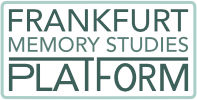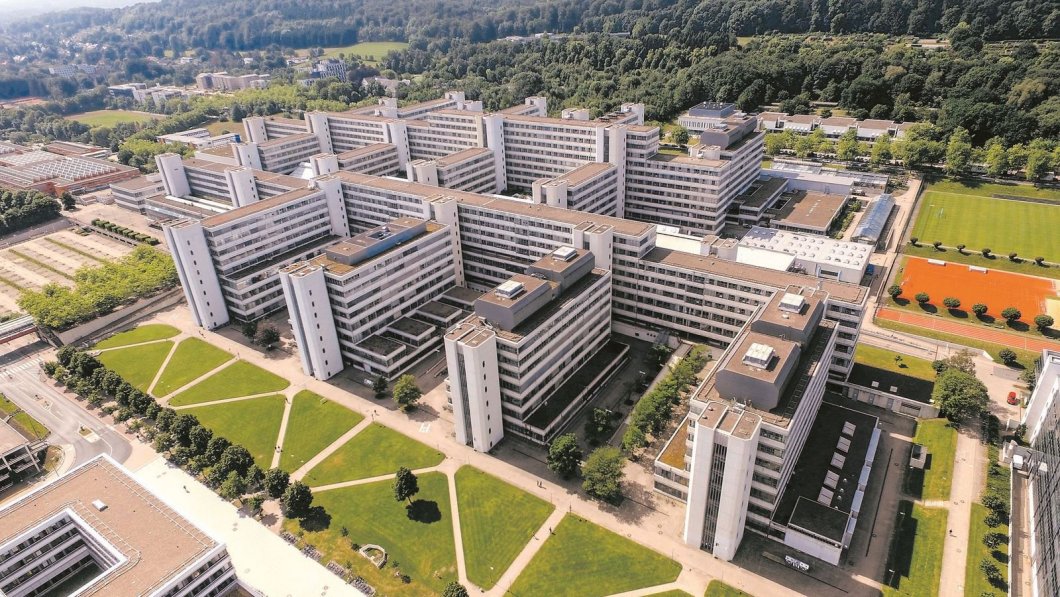24 March 2020, European Institute, London School of Economics and Political Science
Over the last decades, memory studies as well as research in populist politics, policies and politicians mushroomed, in both quality and quantity and in a variety of academic fields. Rarely, however, are populism and memory analysed in conjuncture. Yet, the simultaneous rise of populism and contentious memory politics suggests that both not only coexist but correlate and intertwine. Be it the reassertion or contestation of public remembrance (and oblivion), the questioning or reassessment of shared social memories or everyday conversations about history among populist parties, social movements and their followers: memory in, of and by populism is as much about recollecting the past as it is about shaping the present and the future of a political community.
Consequently, a number of important questions emerge at the crossroads of memory studies and populism research: Is populist memory a distinct form of political and/or social memory? What are the mechanisms of remembering and forgetting in authoritarian and populist politics and regimes? What is the relation between elite and popular memories in populist movements and parties? How and why is it effective to inject memory into the political process? Who does it and why, expecting what effect? How do we actually examine and measure this effect among the followers and voters of populist movements and parties? And what lessons can we draw from analysing the nexus between populism and memory at times when liberal democracy is in crisis?
This one-day workshop aims to give PhD students from the fields of history, political science, sociology, anthropology, psychology, economics as well as cultural, literary and media studies who are in their 2nd year or later and who are working on the intersection of populist politics and memory a platform to present their research projects. Bringing together a diverse group of researchers the workshop aims to probe concepts, methods and approaches, both familiar and innovative, suitable to analyse the intricate relationship between memory and populism from an interdisciplinary and transnational perspective. Each paper and presentation will be discussed in depth by the group and commented on by a senior scholar. In the long-term the workshop hopes to inspire a research network for exchange among (young) scholars interested in memory studies as well as populism research. A publication of selected papers (e.g. in form of a special issue) is intended. The workshop will be followed by a public lecture in the evening.
Please submit your CV and a one-page description of your PhD project to j.j.gopffarth@lse.ac.ukby December 20, 2019. The workshop is funded by the LSE’s PhD Academy and the University of Bielefeld; food and drinks will be provided. Participants are encouraged to seek their own funding to cover for travel and accommodation. Upon acceptance, application for a modest travel grant provided by the organizers is possible.
Organizers:
Julian Göpffarth
CARR Doctoral Fellow, PhD Candidate
European Institute, London School of Economics and Political Science
Email: J.J.Gopffarth@lse.ac.ukhttp://www.lse.ac.uk/european-institute/people/research-students/g%C3%B6pffarth-julian
Prof. Dr. Christina Morina
Universität Bielefeld
Fakultät für Geschichtswissenschaft, Philosophie und Theologie
Email: christina.morina@uni-bielefeld.de https://www.uni-bielefeld.de/geschichte/abteilung/personen/person.html?persId=182733552



